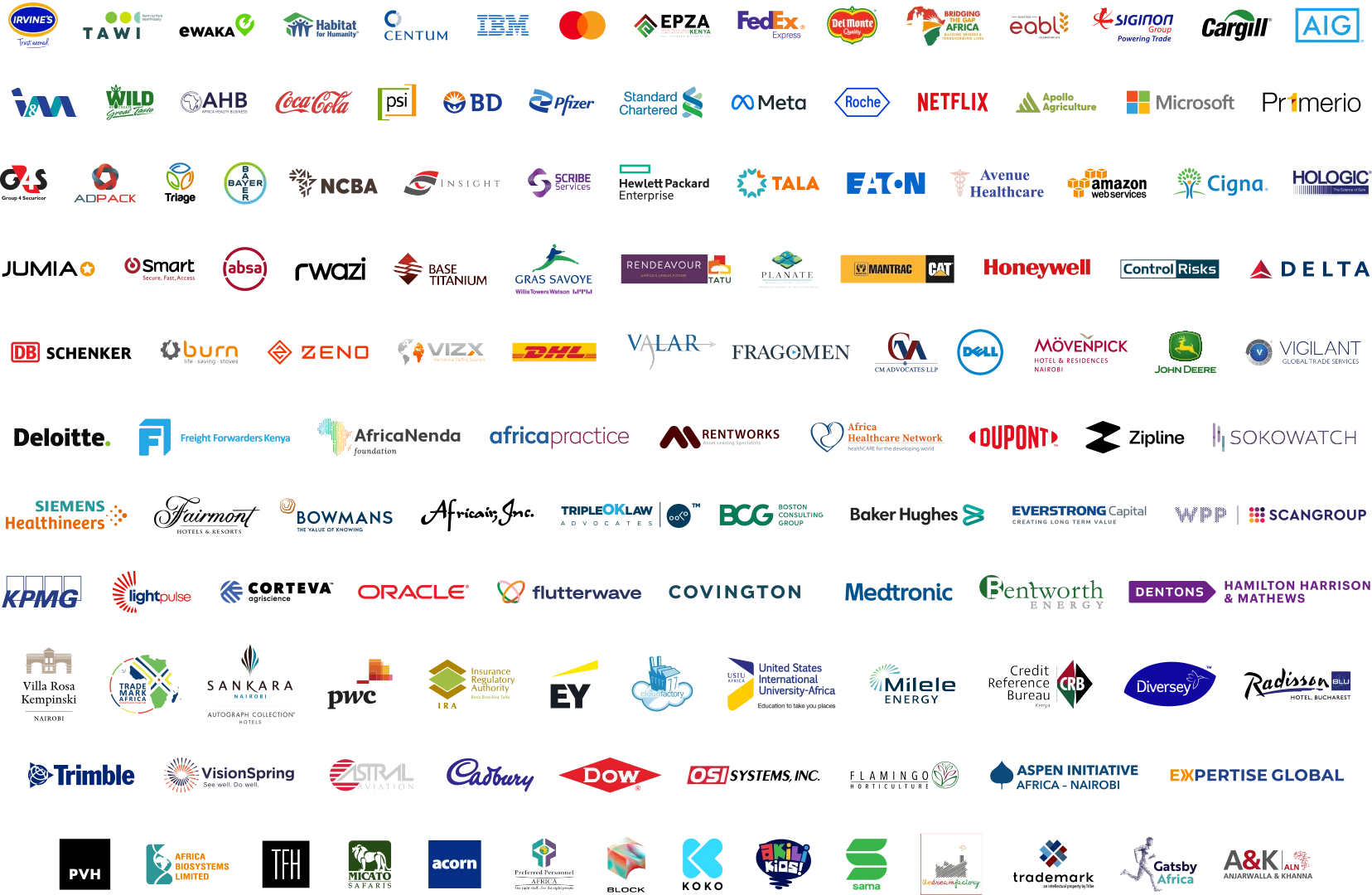This article is taken directly from the source cited
By Brian Okinda
Published August 1, 2020
The trade talks, which are currently ongoing, are expected to see America sign the first free trade agreement (FTA) with a sub-Saharan African country.
Clement Tulezi, the chief executive of the Kenya Flower Council, spoke to Brian Okinda on what the FTA means for Kenya’s agricultural sector and the flower industry in particular
What benefits will Kenya’s agriculture sector get from the US free trade agreement (FTA) that is currently being negotiated?
This will largely depend on the ongoing negotiations, where the government seeks to identify and leverage our key non-negotiable items to protect the local industry.
As a sub-sector, the Kenya Flower Council (KFC) has communicated to the government our need to expand and diversify into new markets. Other sub-sectors have, as expected of them, done the same.
There’s also the need to address infrastructure or routes and cost of freight, which is crucial to the fresh produce industry to enable us to compete with other countries such as Ecuador, Colombia and Ethiopia, which are our main competitors for the US market.
What is in it for the flower and fresh produce sectors?
Currently, the fresh produce sector is accessing the US market on a duty-free quota basis under the African Growth and Opportunity Act (AGOA) arrangement, where at least 70 per cent of Kenya’s exports are duty-free.
The FTA negotiations will possibly aim at maintaining this arrangement or bettering it.
What has cut-flower exports to the US been like and what are your projections after the FTA comes into effect?
Kenya’s share of the flower export market in the US was 1.04 per cent in 2017. We carried out promotional activities in 2018 and the figure improved to 1.06 per cent.
Our target was to increase it to over 2 per cent by the end of 2020 but with the onset of the Covid-19 pandemic, the progress stalled.
After the pandemic, we will resume the promotional activities in the US.
What should smallholder farmers do to position themselves to benefit from the deal?
Smallholder farmers should seek to be supported and integrated into the global value chain, including the anticipated US market.
This support could be in form of helping them meet the stringent market requirements, especially in regard to sanitary and phyto-sanitary measures and packaging and subsidising freight costs, which are exorbitantly high, making our fresh produce less competitive.
Do we have enough produce for the market we are negotiating for and what is the sector doing to prepare for a surge in the market with a possible entry of the US over and above Kenya’s traditional European market?
Yes, we have enough produce for the market we are negotiating for. In fact, our strategy includes diversifying from our traditional markets into new ones like the US.
Some pressure groups have voiced their disapproval of the FTA, saying it may worsen poverty, food insecurity and gender inequality in Kenya. What do you say to these concerns?
The government consults with the private sector to ensure that its trade deals, be they bilateral or multilateral, do not harm the local industries.
This involves identifying and cushioning the country’s sensitive industries in the event of the agreement.
It is unlikely that the agreement will see local farmers lose out due to the expected stiff competition from subsidised products from the US market, and further limit the country’s ability to regulate ‘risky’ pesticides or agricultural technologies.
Through its organs like the State Department for Trade, the Kenya Bureau of Standards (Kebs)
and the Pest Control Products Board (PCPB), among others, it will ensure quality control and safe pesticide and product control.
Critics argue that if effected, the agreement will be in conflict with other existing ones such as the East African Community (EAC) and the African Continental Free Trade Area (AfCFTA), which Kenya is party to. Is this so?
The government has committed that this will not happen. It has mechanisms in place to ensure that regional and continental agreements are not compromised by entering into the US FTA.
Source: Daily Nation







